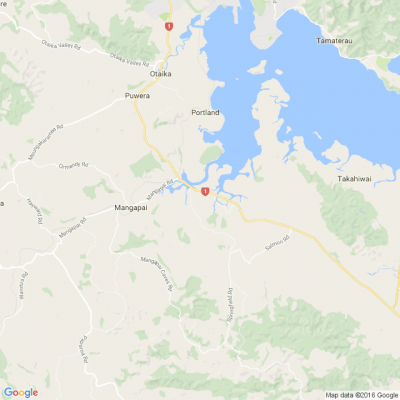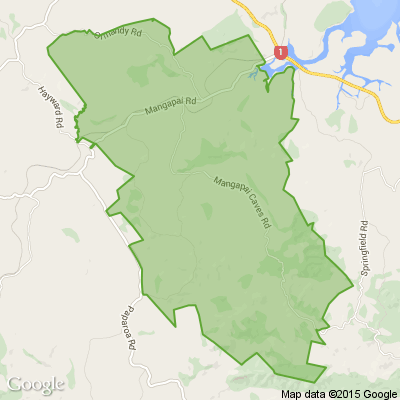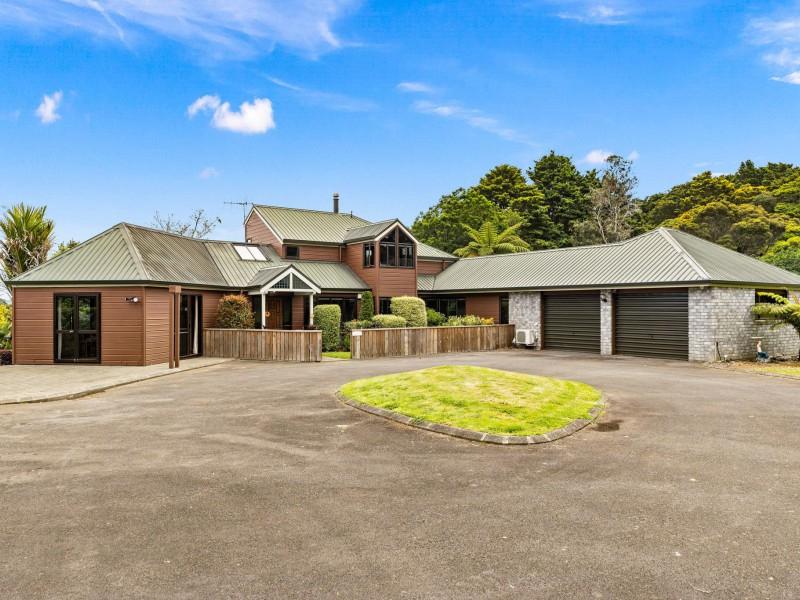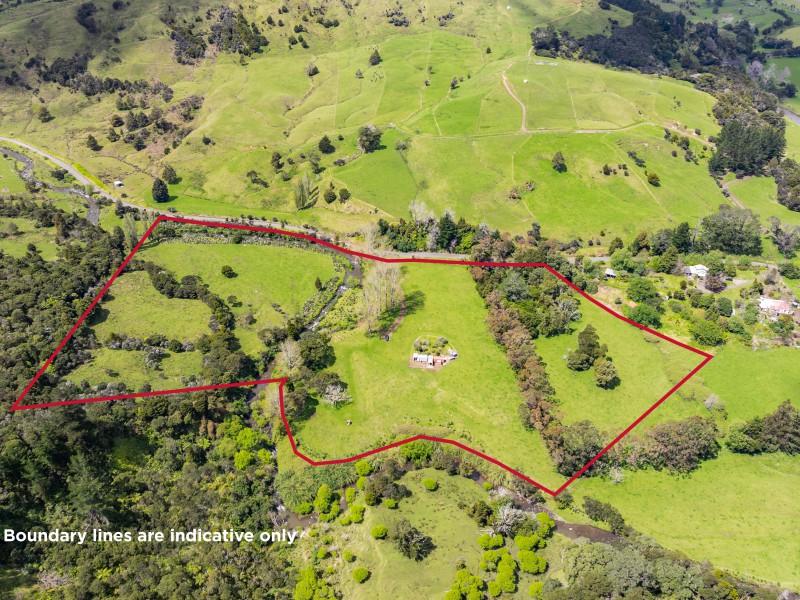How to "Lake Onslow" it at home
I installed a small solar rooftop array (3.6kW) and a small residential storage battery (8kWh) in my home in 2017. The battery charges whenever there's excess photovoltaic production during the day, and discharges whenever I consume more electricity than I produce (particularly overnight). Most of the year that works well enough to keep my home's power consumption almost constant between 1 and 1.5kWh per day, rain or shine, peak or off-peak, summer or winter. However, when I get a few days in a row with overcast, cloudy or stormy weather and little solar production, the battery eventually runs flat, and I have to use power from the grid. Initially I didn't care when that happened, as I was paying the same price per kWh all day and year round.
That changed in 2020, with the introduction of time-of-use pricing by both my lines company Northpower and my electricity retailer Ecotricity. The differences were minimal at first, but since then they've been increasing every April 1st, depending on the time of day and day of the week. That opened up an opportunity to make my battery work better for me and the grid during those times of low solar production. Over the last few weeks, with more rainy and cloudy weather hitting Northland, I've been charging up the battery from the grid at night (more or less, depending on the solar production forecast for the following day), so that it discharges during the day and - together with whatever little solar power is produced - keeps the heat pump running at a cozy 21 degrees. That has three distinct advantages. First, it shifts my electricity demand to the night period when ample generation is available and also "cleanest" (i.e. with the highest percentage of renewable generation, usually well above 90%, according to Transpower's live data). It also keeps my grid demand low during peak periods (like 5:30pm to 8pm, when everybody comes home, cooks dinner, runs the heaters, plugs in the EV and so on, which causes a huge spike in electricity demand), because I'm running on stored battery power. And finally, it even saves me money, because due to the time-of-use pricing I only pay 22c/kWh for the off-peak overnight energy to charge my battery and avoid the more expensive peak (38c/kWh) and shoulder (32c/kWh) time periods.
What I'm doing here is basically what Lake Onslow would do on a grand scale - smoothening out the demand on the grid, by storing energy during periods of ample generation and releasing it during peak usage periods. I have no idea if lots of us doing it at the household level, like me, would be better than doing it at grid scale, like pumped hydro - that is a question for the engineers and scientists to answer. Certainly our increasing number of obese luxury EVs could help with doing it at home, while they're parked and plugged in. That way their oversized batteries (often chosen due to our range anxiety and a profound misunderstanding of how an EV works and drives) would at least do some good.
You can argue that I'm only able to do this because I'm retired and have the time to educate myself and look into all of this, and that nobody who's leading a "busy life" would bother with that or inconvenience themselves - and you'd be right. However, there's no reason that what I'm doing manually at the moment couldn't be done by a bit of smart tech, maybe even powered by some good AI, and help us all smoothen out our electricity demand, keep our grid healthy (and us warm and dry), avoid having to overbuild generation capacity and invest more just to satisfy high demand in short peak periods, and make electrification a bit easier and more affordable for all of us. I think this is the kind of "good green tech" that would have a place in a degrowth world.
Riddle Time! Sharpen Your Mind and Take the Challenge!
Where is the only place where today comes before yesterday?
Do you think you know the answer to our daily riddle? Don't spoil it for your neighbours! Simply 'Like' this post and we'll post the answer in the comments below at 2pm.
Want to stop seeing riddles in your newsfeed?
Head here and hover on the Following button on the top right of the page (and it will show Unfollow) and then click it. If it is giving you the option to Follow, then you've successfully unfollowed the Riddles page.

Poll: Is the increase in disability parking fines fair?
In October, the fine for parking in a designated mobility car park without a permit has jumped from $150 to $750—a 400% increase!
The goal is to keep these spaces open for those who truly need them. Do you think this big increase in the fine is fair? Share your thoughts below.

-
89.3% Yes, it's fair
-
9.8% No, it's unreasonable
-
0.8% Other - I'll share below
Just dough it
With three basic ingredients and a bit of creativity, you can give old containers new life with Resene testpots.
Find out how to create your own with these easy step by step instructions.








 Loading…
Loading…














